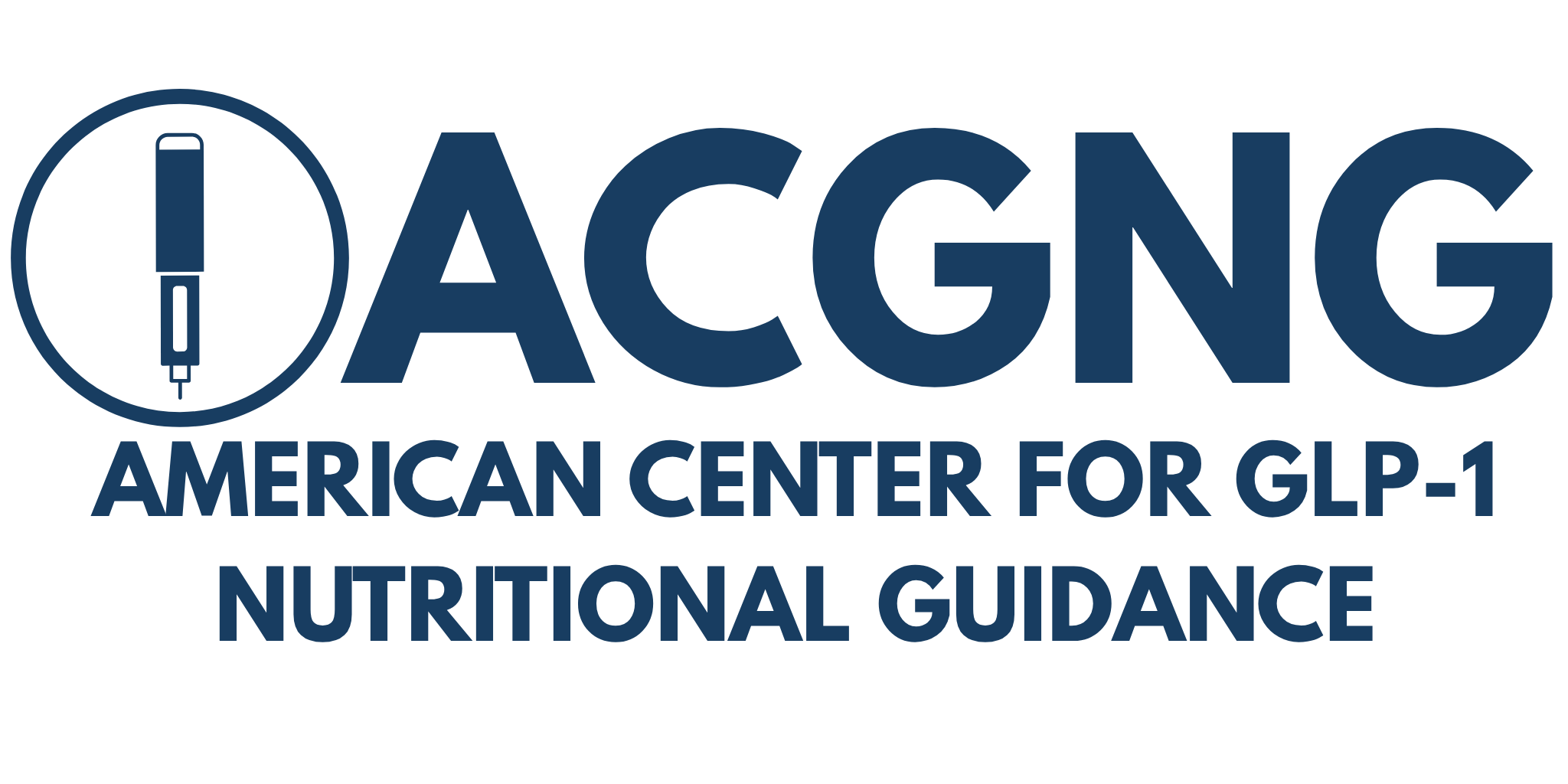Recommended Supplements
Due to reduced appetite and food intake, individuals on GLP-1 medications may benefit from targeted supplementation. Below are key supplements with clinical support:
- Multivitamin with Iron: Covers general micronutrient gaps. Choose one with B12, D3, and iron.
- Vitamin B12: Sublingual, oral, or intramuscular options. Especially important for vegetarians or those with fatigue or neurological symptoms.
- Vitamin D3: Often dosed at 1,000–2,000 IU/day. Check serum levels before supplementing long-term.
- Iron: 18–30 mg elemental iron, taken separately from calcium for best absorption. Use if menstruating or low ferritin.
- Calcium Citrate: 500–600 mg doses, ideally twice daily. Supports bones and absorption is less dependent on stomach acid.
- Magnesium: 250–400 mg/day to support muscles, digestion, and bowel regularity.
- Protein Powder: Whey, soy, or plant-based options help meet protein targets when food intake is low.
- Fiber Supplement: Psyllium husk or inulin for digestive health and satiety support.
Supplements to Use with Caution
- Fat Blockers (e.g., orlistat): May reduce absorption of fat-soluble vitamins and cause GI issues.
- Stimulants: Caffeine-based fat burners may increase nausea or interact with GLP-1 drugs.
- Unregulated weight loss products: Avoid supplements with proprietary blends or ingredients not backed by clinical data.
- Calcium carbonate: Less bioavailable than calcium citrate and can cause constipation.
- High-dose iron: Can cause nausea or interfere with other minerals if not medically indicated.
Personalized Supplementation Tips
- Base supplement needs on lab results when possible (e.g., ferritin, B12, 25-OH vitamin D).
- Split doses of calcium and magnesium to improve tolerance and absorption.
- Consider chewable or liquid formats if large pills cause nausea.
- Consult a registered dietitian or medical provider to create a tailored regimen.
References
- NIH Office of Dietary Supplements. “Guidelines for Supplement Use.” Updated 2023.
- American Society for Metabolic and Bariatric Surgery. “Nutrient Recommendations for Low-Calorie Diets.” 2024.
- Endocrine Society. “Micronutrient Monitoring with GLP-1 Medications.” 2023.
- Mechanick JI et al. “Nutritional Considerations in Medical Weight Loss.” Obesity. 2022.
